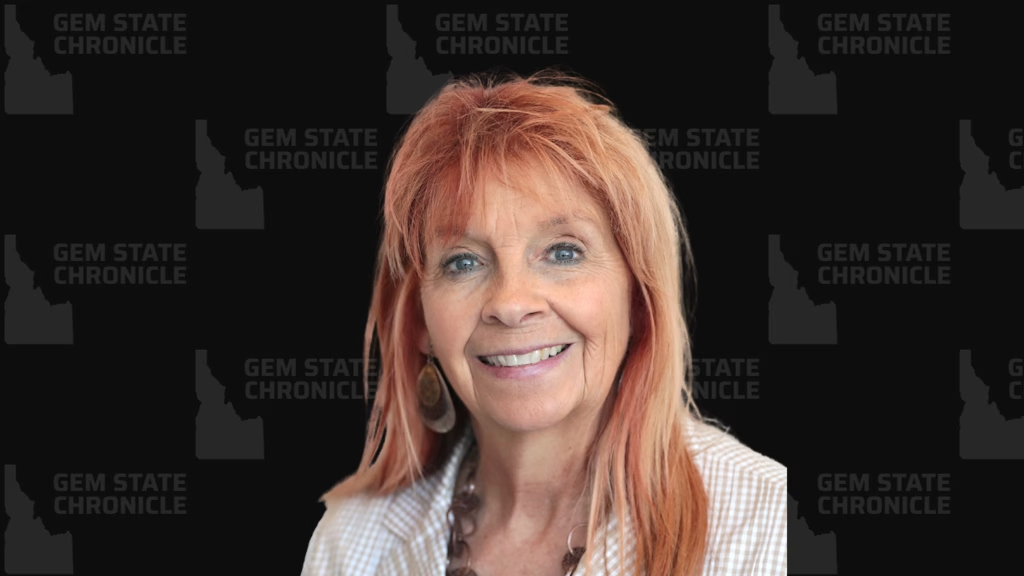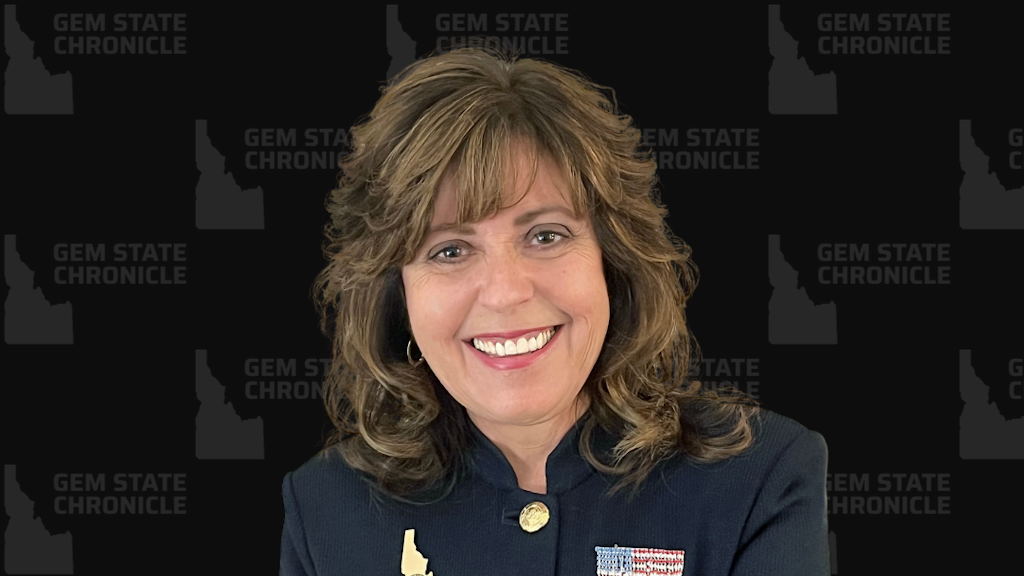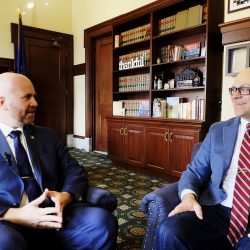By Fred Birnbaum

University of Idaho President Scott Green wants business as usual — the overspending, underperformance, and construction of woke DEI infrastructure — to continue at his institution.
That’s why Green is spending big ahead of next week’s primary elections to support candidates he believes will keep the money flowing while accountability remains low.
Scott Green is donating his own money to defeat conservative legislative candidates and promote liberal ones. Let’s be clear what we are talking about: These are personal donations in support of candidates who vote for larger college budgets and against candidates who vote no. These are donations to support candidates who will allow the social justice and Diversity, Equity, and Inclusion (DEI) charades to continue at these campuses — despite the Legislature directing the universities to stop.
Let’s review Green’s donations and the voting records of candidates he supports and opposes. Legislative candidates that Green supports through direct personal cash donations:
- Rep. Mark Sauter
- Candidate (former Sen.) Jim Woodward
- Candidate Lori Bishop
- Rep. Lori McCann
- Candidate (former Rep.) Scott Syme
- Candidate (former Sen.) Jeff Agenbroad
- Rep. Julie Yamamoto
- Sen. Geoffrey Schroeder
- Rep. Matt Bundy
- Sen. Chuck Winder
- Rep. Britt Raybould
Ten of these candidates are either incumbents or former legislators, and one, Lori Bishop, is running against an incumbent. What do 10 of these 11 candidates have in common? They vote for the college and university budgets even in the face of documented funding for DEI faculty and administrative positions. They won’t hold the universities accountable.
College budgets rarely fail, but in 2020, it took three rounds to get a bill passed because of concerns about administrative bloat and colleges moving away from their core mission by embracing social justice. From the intent language in the bill, House Bill 644:
“It is the intent of the Legislature that each institution continue with budget reduction considerations and cost containment efforts and, where possible, priority should be placed on reducing administrative overhead and the elimination of expenditures that are not integral to each institution’s core instructional mission.”
Conservatives didn’t support the final budget bill because they didn’t think it went far enough, and they were proven correct.
But do you know who did support the college budget, HB 644? All of the candidates in the list above who were serving in the Legislature: then Sen. Woodward, then Rep. Syme, then Sen. Agenbroad, Sen. Winder, and Rep. Raybould. It should also be noted that then Rep. Nichols, currently a senator, voted no on HB 644. Guess what, President Green is funding her opponent, Lori Bishop.
Of those with less tenure in the Legislature, including Reps. Sauter, McCann, Bundy, and Yamamoto, and Sen. Schroeder, they also fall in line with the direction of Idaho’s colleges and universities by voting for college budgets despite the ongoing DEI push at these colleges. They all voted for the Fiscal Year 2024 (FY24) and FY 25 college budgets, S1176 and HB 734, respectively. Sen. Winder and Rep. Raybould also voted for both.
In addition to supporting candidates directly, President Green’s wife Gabriella has provided $25,000 to a Political Action Committee (PAC), “Idaho Deserves Better.” This PAC has reported spending $18,500 thus far in opposition to Sen. Dan Foreman. Sen. Foreman has been a cogent critic of the universities and voted no on both S1176 and HB 734.
The picture is clear: Green is placing his bets on those legislative candidates who give the University of Idaho what it wants, including bowing down to DEI. Green wants to avoid the fate of public Universities in Wyoming, North Carolina and Florida where DEI positions and programs have been slashed or eliminated.
Fred Birnbaum joined the Idaho Freedom Foundation in 2014 as vice president and chief operating officer after working 25 years in the paper and packaging industry. Fred now serves as the IFF’s Legislative Affairs Director and guides the Foundation’s policy efforts.
About Idaho Freedom Foundation
The Idaho Freedom Foundation, Inc is a a 501c3 non-profit organization. It is a state-focused, free-market think tank dedicated to Idaho issues. IFF's mission is to defeat Marxism and socialism by building a culture of liberty around America's founding principles so Idahoans can prosper. Learn more at IdahoFreedom.org













